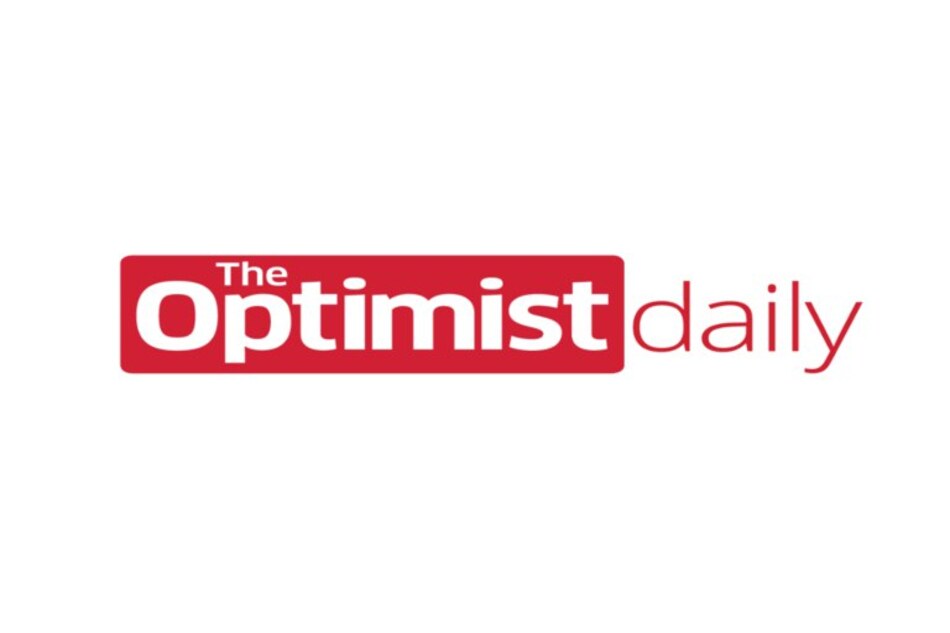Last Friday, The North Face became the first major brand to join an advertising boycott of Facebook. The move was in solidarity with civil rights organizations like the NAACP and Anti-Defamation League, as well as Color of Change, Free Press, Common Sense, and Sleeping Giants, which launched the #StopHateForProfit campaign aimed at holding Facebook accountable for how it enables and benefits from racism and misinformation.
In a statement, Color of Change president Rashad Robinson said, “We have been continually disappointed and stunned by Mark Zuckerberg’s commitment to protecting white supremacy, voter suppression, and outright lies on Facebook. A key way for major corporations to demand racial justice is to withhold their dollars until Facebook becomes more responsible and accountable to Black communities on the platform.”
Soon after The North Face voiced its support, both Patagonia and REI joined the boycott for the month of July. Patagonia’s head of marketing Cory Bayers wrote in a statement, “For too long, Facebook has failed to take sufficient steps to stop the spread of hateful lies and dangerous propaganda on its platform.”
One of the clichés of modern business and marketing is that brands will too often say all the right things—whether it’s about racial and gender equality, pride month, climate change, International Women’s Day, and on and on—but all too often it remains far more advertising bluster than measurable action.
But that’s where outdoor companies differ. There’s a long history of advocating for action on environmental issues from companies like Patagonia, understandably so considering their clientele are passionate about wilderness. But in recent years they’ve made their collective voices much louder.
In 2017, The North Face president Arne Arens spoke out against then-Interior Secretary Ryan Zinke’s review of 27 national monuments, donated $1 million to The Trust for Public Land, and joined 350 outdoor companies in writing to Secretary Zinke to recognize the benefits that these national monuments provide to sustain jobs and support healthy communities. In 2018, Patagonia accused the government of lying about its intentions when it reduced federal protection for Bears Ears and Grand Staircase-Escalante National Monuments by nearly 2 million acres, launching an awareness campaign, declaring “The President Stole Your Land.”
What matters, even more, is that this commitment to the environment actually extends to making products that last longer, repairing products, and actively encouraging people to buy less. It arguably started with Patagonia’s 2011 ad “Don’t Buy This Jacket,” but extends to REI’s award-winning #OptOutside campaign in 2015, in which it closed all its retail doors on Black Friday to encourage people to get outside. And this year, The North Face sent its designers back to school to learn how to reuse, repair, and improve the longevity of the garments they make.
Put all together, these actions by outdoor companies show us what true corporate responsibility is, providing a blueprint for others in the corporate world who struggle to make a genuine impact.












